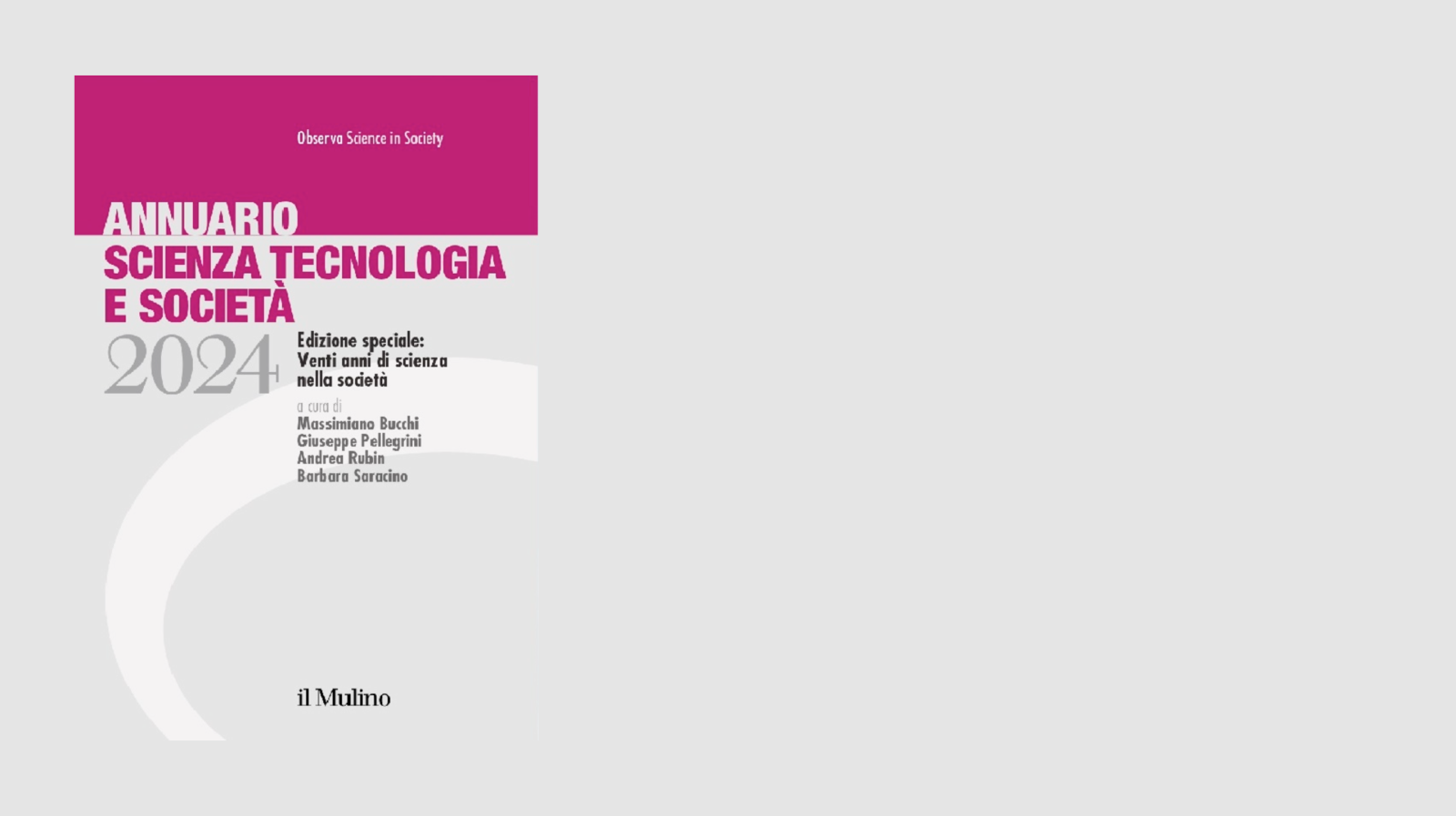Step by step, some improvement can be seen in our fight against the so called “superbugs”. The 2013 Eurobarometer survey on Antimicrobial Resistance (AMR), published in occasion of the 6th European Antibiotic Awareness Day, shows in fact a positive, even if modest, involution in EU citizens’ use and knowledge about antibiotics since the last survey in 2009: «It means that the process is reversible, but a lot of work still needs to be done» said Tonio Borg, Commissioner for Health at the European Commission. «In 2013 survey more than one third of respondents (35%) say they have taken antibiotics in the last year, a 5 per cent decrease since 2009, and 2 per cent fewer people took antibiotics for the flu in 2013 compared with 2009 (18% vs 20%), even if 40 per cent in 2013 is now aware that antibiotics do not kill viruses».
Data released in parallel by the European Centre for Disease Prevention and Control (ECDC) are less optimistic: in front of a slow but significant decrease of percentage of meticillin-resistant Staphylococcus aureus (MRSA) infections in the past few years, percentage of infections by multi-drug resistant Gram-negative bacteria resistant to carbapenem – last-line antibiotics used to treat healthcare associated infections – keeps growing in several member states. The Commission is therefore stepping up the fight against antimicrobial resistance (AMR) through the funding of 15 new research projects and harmonised rules on the collection of data on AMR linked to animals and food.
Mr Borg added: «I am deeply concerned about the fact that antibiotics, which have allowed us to treat previously deadly bacterial infections and save many lives, are now becoming less and less effective. I cannot stress enough how seriously the Commission takes the challenge posed by antimicrobial resistance. The Commission remains fully committed to pursuing its Action Plan to address antimicrobial resistance both in people and in animals in a co-ordinated manner».
The EU has invested some € 800 million in AMR-related research, including through the Innovative Medicines Initiative (IMI). The Commission today announces the launch of 15 new research projects for a total EU budgetary contribution of €91 million. The projects, involving some 44 small and medium-sized enterprises as well as universities and other research organisations, will develop new antimicrobials or alternatives such as phages and vaccines. They will also address antibiotic resistance within the food chain and investigate nanotechnologies that could deliver antimicrobial drugs.
«But antibiotic resistance affects the entire WHO European Region» said Guénaël Rodier, Director of the Division of Communicable Diseases, Health Security and Environment. «A new surveillance network – called Central Asian and Eastern European Surveillance of Antimicrobial Resistance (CAESAR) – started in 2012 and has been joined by 12 countries outside the European Union (EU). CAESAR’s first annual report is expected to be issued by the end of 2014».
CAESAR complements the surveillance conducted in EU countries by the European Centre for Disease Prevention and Control (ECDC) through the European Antimicrobial Resistance Surveillance Network (EARS-Net). A harmonised and coordinated surveillance network, covering all countries in the European Region, is key to protecting health from the cross-border threat of antimicrobial resistance.
In addition, WHO/Europe and the University of Antwerp, Belgium have sought to set up a network to collect data on antimicrobial use from countries that are not participating in the European Surveillance of Antimicrobial Consumption Network (ESAC-Net). After a series of workshops, 13 European countries can now collect and analyse their consumption data, which will be publish soon. This work is done in close collaboration with ECDC, to ensure that the data are comparable and compatible with those collected through ESAC-Net.
Among other results, EuSCAPE survey on of carbapenem-resistant infections in Europe – based on a self-assessment by national experts from 38 countries done for ECDC by the University Medical Centre in Groningen in the Netherlands – also reported on the availability of national guidance documents for the control of such infections. Just over half of the countries participating in the survey have them, mostly those that reported outbreaks, regional spread or an endemic situation. However, 17 of 38 countries still lack guidance for control of carbapenem-resistant infections, and only two countries reported having specific guidance to deal with carbapenem-resistant Acinetobacter infections.
Dr. Marc Sprenger further commented: «There is an urgent need for all European countries to have national guidance documents, so that hospitals faced with carbapenem-resistant infections can take action to control the spread and minimise the impact of outbreaks on patients. Together with infection control measures, improving antibiotic use is the most important action needed to greatly slow the very worrying development and spread of antibiotic-resistant bacteria».


